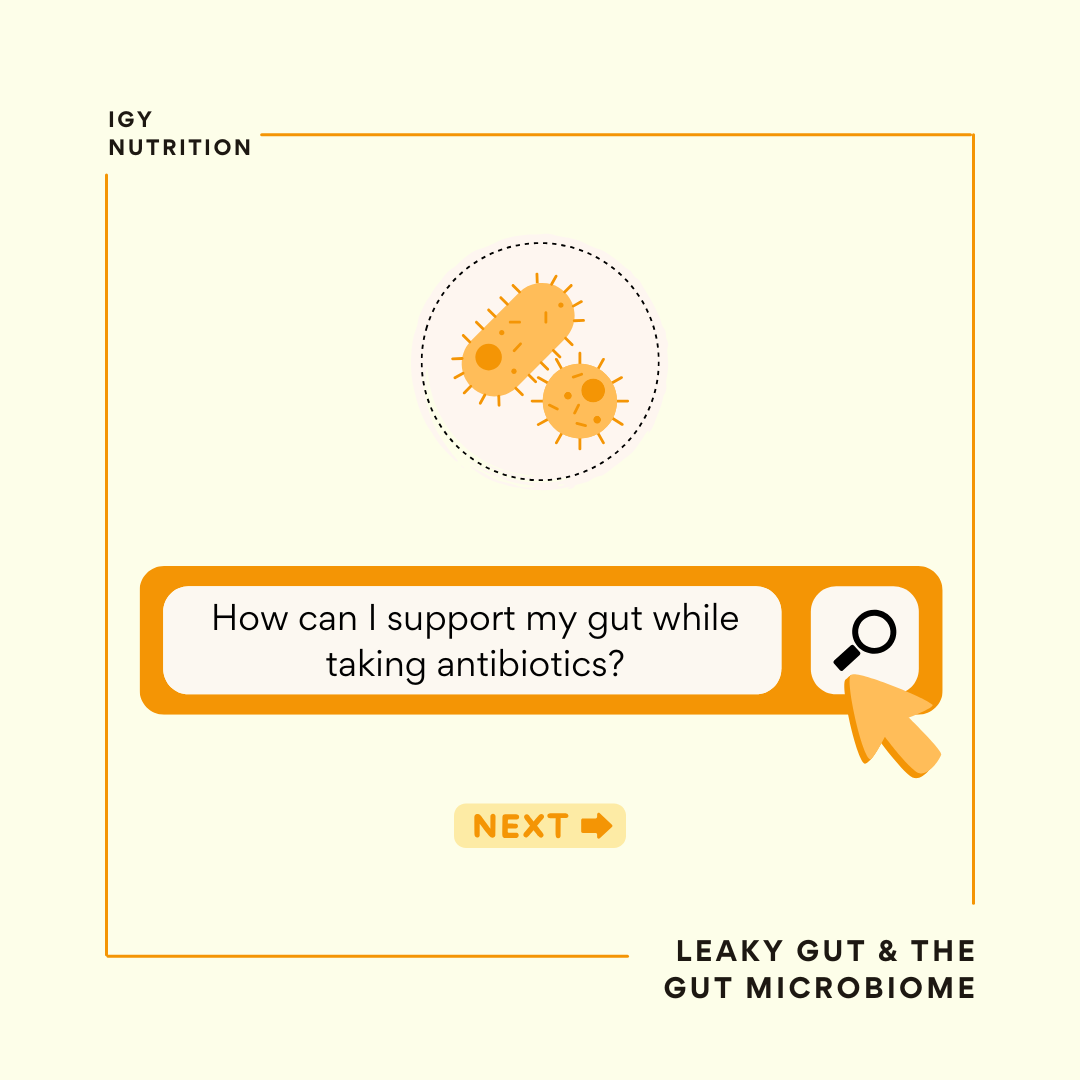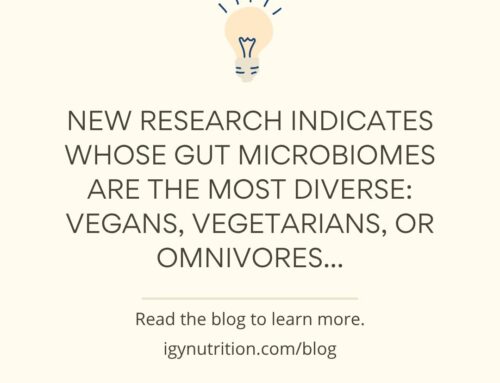Antibiotics are lifesaving medications that have revolutionized modern medicine. However, while they target harmful bacteria, they also often impact our beneficial gut bacteria. This process can lead to disruptions in the gut microbiome, sometimes resulting in side effects like diarrhea, bloating, or a weakened immune system. The good news is that strategies exist to help minimize these effects and support your microbiome during and after antibiotic treatment. Today, we’ll talk about how you can keep your gut healthy if you have to use antibiotics.
Understanding Antibiotics
Antibiotics work by killing bacteria or preventing their growth. They play a crucial role in overcoming lots of dangerous illnesses. But they don’t come without drawbacks. Unfortunately, they aren’t selective, meaning they don’t kill just one strain of bacteria. That means they can harm both the “bad guys” making you sick and the “good guys” that help keep your gut healthy. This disruption can reduce microbial diversity and allow opportunistic pathogens associated with chronic GI issues to flourish, possibly leading to gut-related problems down the line (Source). Always talk with your prescribing healthcare professional to determine whether antibiotics are the right choice for you.
What You Can Do
Probiotics might be helpful. They are live beneficial bacteria that can help replenish your gut microbiome. Research indicates that taking probiotics during antibiotic treatment may reduce the risk of antibiotic-associated diarrhea (Source). Most healthcare professionals recommend taking probiotics at least two hours after your antibiotic dose to avoid interference. Always talk to your healthcare professional about probiotic use.
Incorporating fermented foods into your diet may also be a solid strategy. Fermented foods like yogurt, kefir, sauerkraut, kimchi, and miso are natural sources of probiotics. These foods can help restore beneficial bacteria in your gut. Aim to include a serving of fermented foods daily during and after antibiotic treatment.
Prebiotics serve as another option. Prebiotics are non-digestible fibers that feed your beneficial gut bacteria. Foods like garlic, onions, bananas, asparagus, and whole grains can help your microbiome recover by providing the nutrients your gut bacteria need to thrive.
Although we all love our sugary snacks, limiting your consumption of them might be a good idea until you’re feeling your best again. Sugar and highly processed foods can encourage the growth of harmful bacteria and yeast in the gut (Source). Focus on a diet rich in whole, nutrient-dense foods to support a balanced microbiome until you’ve recovered from your course of antibiotics.
Remember that completing your prescribed antibiotic course is essential, even if you feel better before it’s finished. Stopping antibiotics early can lead to incomplete eradication of harmful bacteria and increase the risk of antibiotic resistance. This can put your gut at a higher risk of developing issues.
If you experience severe side effects, such as persistent diarrhea, abdominal pain, or other unusual symptoms, consult your healthcare provider. In extreme cases, they may recommend additional interventions like fecal microbiota transplantation (FMT).
Final Thoughts
Antibiotics are a powerful tool for fighting infections, but they come with potential side effects. You can mitigate these effects by incorporating probiotics, fermented foods, and a gut-friendly diet and maintaining a healthy digestive system. Supporting your microbiome during and after antibiotic treatment is an investment in your long-term health.




